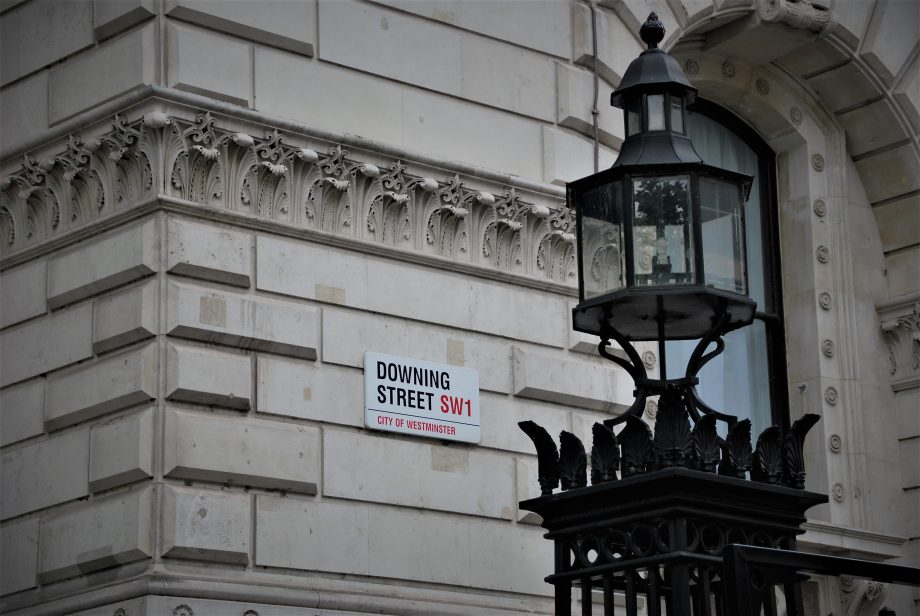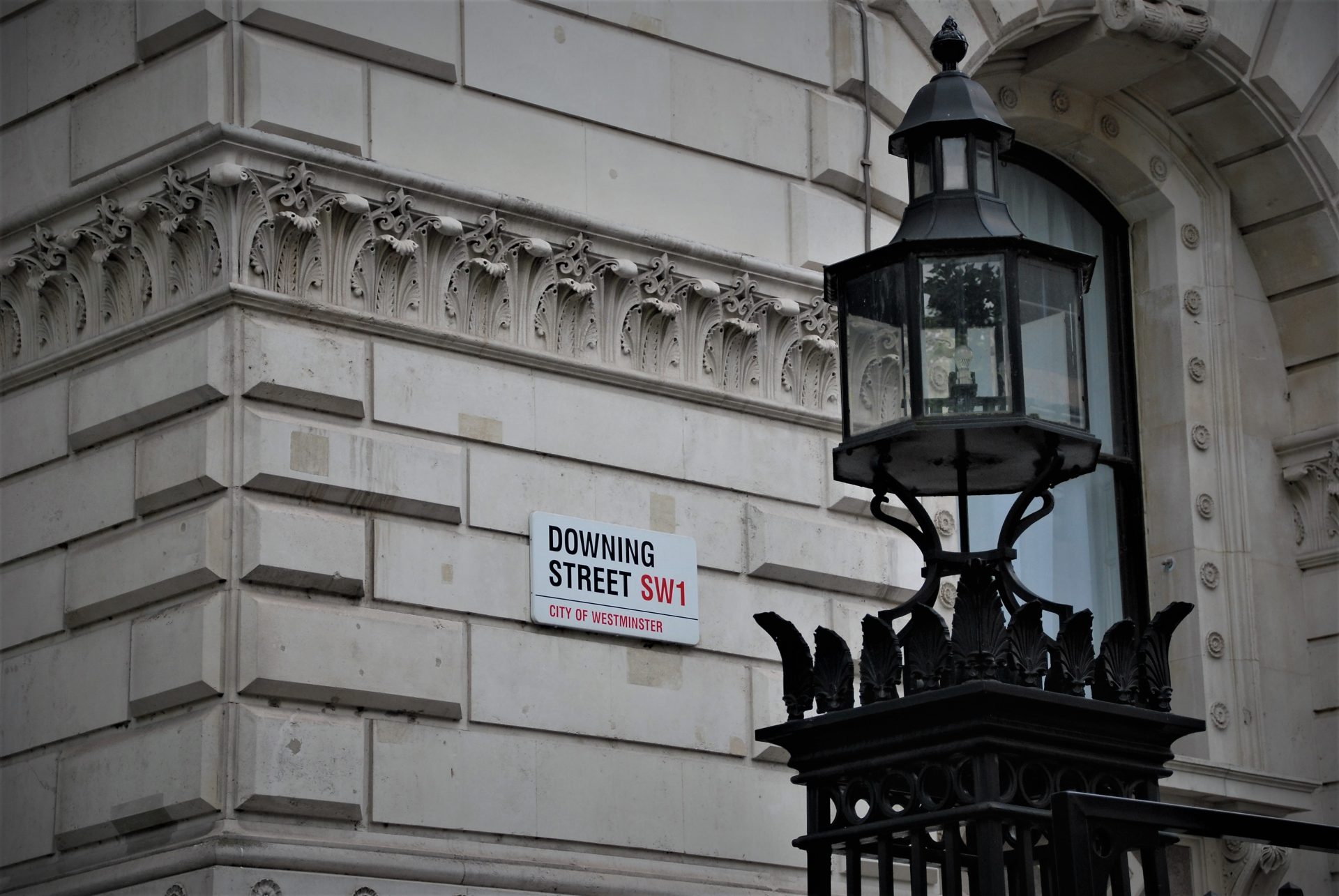SMEs were the focus of much attention from both sides of the Brexit campaigns, and there is no surprise why. These businesses are the bedrock – the wheels and cogs – that keep our economy going.
According to government figures, SMEs accounted for 99.3% of all private sector businesses at the start of 2015 and 99.9% were small or medium-sized businesses. SMEs employed 15.6 million – 60% – of all private sector employment in the UK, making their contribution to the economy enormous. Did you know that the combined annual turnover of SMEs was £1.8 trillion or 47% of all private sector turnover in the UK? Rather impressive stats.
As a previous SME owner myself, I must confess that I was absolutely gutted when the Brexit referendum results were revealed, and wondered how many of my fellow SME business owners would be affected by the predictions of a full-on recession.
But what is heartening news is that there have recently been some surprisingly upbeat post-Brexit surveys and barometer results PUBLISH – it seems that SME owners are rallying against the forecast economic doom and gloom:
According to the September 2016 Owner Managed Business (OMB) Barometer from Bank of Cyprus UK, over half (51%) of business owners and small businesses expect revenues to increase in the next 12 months, with a mere 15% disagreeing.
Commenting on the research findings, Nick Fahy, Chief Executive of Bank of Cyprus UK said that despite the general post-Brexit blues, the UK’s business owners and small businesses remain optimistic about their prospects. There was an immediate reaction to the Brexit news, but that the nation’s vital bedrock of businesses – the shopkeepers, family-owned businesses, the small and medium business owners and the independent traders have remained stable. It was vital that the UK government kept the SMEs in mind when negotiating the best deal with the EU, as to fail to do so would let down the British people.
What was quite noteworthy in the survey, was that 55% of small business owners did not think that the UK’s Brexit trade negotiations would necessarily boost key activities – sales, export, commercial opportunities, customer base and talent pool – for their businesses. It seems that many businesses are UK based and UK focused, while others may be trading/ or planning to expand their business to with non-EU customers.
One could say that the massive fintech revolution that has taken place in the UK could be spurring these statistics on. New York, Singapore, Hong Kong , Australia are the fintech hubs outside the UK, and may be making trade with the EU less vital in that sector.
If the UK government emphasized the positive advantages of trading with the UK, creating incentives such as an attractive tax regime, and geared-to-growth regulations, this would certainly drive this industry forward and set the UK up as a more competitive option than Europe to international traders and investors.
Another huge bonus was that, according to the same survey, a large portion of SME owners (45%) believed that the UK economy was in good shape, with a 28% saying they didn’t agree.So much for the doom merchants and nay-sayers. The overwhelming feeling is that British SME owners are doing what they are best at, and simply carrying on regardless, making the best of the situation.
In another recent survey conducted by CitySprint, that over half the SME businesses that thought that their businesses would suffer post Brexit have now changed their minds, and believe in a more positive outcome. Two-thirds of the respondents reckoned they were in a better place than they were this time last year.
The fall in the pound may have resulted in better exporting deals for SME that trade internationally. This has encouraged overseas buyers to snap up British-made goods, because they are available at a lower price.
City AM also recently reported that two large banks – JP Morgan and Morgan Stanley – had adjusted their outlook to a more positive one, following news that the services purchasing managers’ index (PMI) soared from 47.4 to 52.9 in August. Results below 50 indicate economic contraction – and two consecutive contractions indicate a technical recession. This recent result was an unexpected outcome – and one that showed that the economy is much more resilient than expected.
The two Morgans have now revised their expectations for the UK economy, Morgan Stanley saying that it can now predict that the UK will avoid a technical recession, to grow by 1.9 per cent this year. The bank had previously foreseen the economy shrinking by 0,4% in the third quarter, but it now foresees growth of 0.3 per cent. Which is a very positive result after all Britain has been through.
With more than half a million new businesses being created every year on this little island, we are right up there with the best nations in the world in terms of resilience, innovation and enterprise. As the Brexit blues clear, the doom-mongers are being pushed to the sidelines. Backed by more-positive-than-expected predictions from the financial sector, SMEs have every right to feel buoyant and bullish about the future British economy.
Akoni helps businesses make the most of their cash. Register for free at AkoniHub.com





